Nicaraguans have been forced to remain in exile because the risk of returning to our country without guarantees of security conditions is the reality. The criminal dictatorship of the Ortega-Murillo regime continues to systematically and massively violate human rights, has closed all civic spaces, including freedom of worship for its citizens, develops a fierce persecution against any real or perceived opponent and this extends to family members.
The serious situation affecting our country has been widely documented by international organizations such as the Organization of American States (OAS), the United Nations (UN) and the U.S. State Department itself. All have established in their reports the extensive levels of torture, repression, assassinations, deportations, denationalizations, imprisonment, confiscation of property, forced disappearances, discrimination and denial of rights.
There is a credible and reasonable fear that the life and integrity of the returnees is at risk. Daily there are increasing reports of deportees and self-deportees that upon arrival at the airport in Managua are transferred to prison. Some are allowed to go home after one or two days of incarceration, during which they and their families are threatened. Once outside, they are subjected to permanent surveillance that prevents them from leading a normal life and they end up, like the rest of the opposition, exposed to discrimination and harassment.
The torture to which the dictatorship subjects its prisoners is documented in the reports of the Group of Human Rights Experts on Nicaragua (GHREN), the Special Follow-up Mechanism for Nicaragua (MESENI) and other non-governmental human rights organizations.
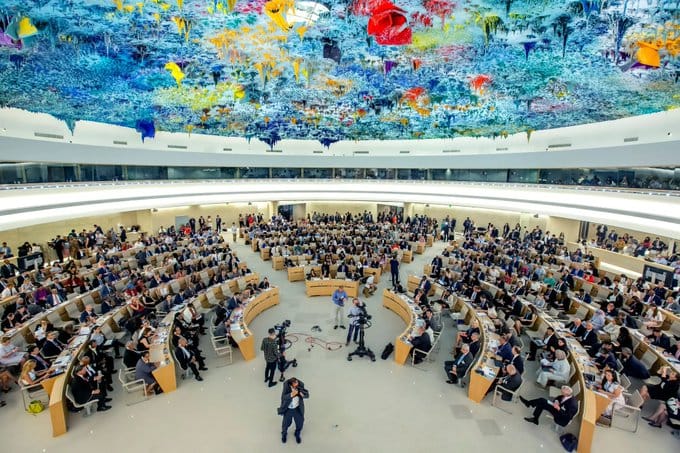
Torture methods
The Ortega Murillo regime’s bloodthirsty torture methods were recently brought to mind by the death of Bryan Rogelio Cruz Calderón, one of the 222 former political exiles exiled to the United States, who was raped with a bayonet, had a testicle severed and suffered serious after-effects.
The Inter-American Commission on Human Rights (IACHR) granted precautionary measures to Reinaldo Picado Mairena, due to the risk his life and physical integrity would face if he were to be extradited from Costa Rica under the current context in Nicaragua.
The 1951 Convention Relating to the Status of Refugees and the 1967 protocol establish that refugees cannot be returned to a country where their life and liberty would be in danger.
Article 3 of the United Nations Convention against Torture prohibits the expulsion, refoulement or extradition of persons to countries where there are substantial grounds for believing that they will be tortured.
The Foreign Affairs Reform and Restructuring Act of 1998 (FARRA), which implements in the United States the Convention Against Torture that it ratified in 1994, developed the principle of Non-refoulement. The prohibition of refoulement to countries where there are risks does not allow exceptions, neither for reasons of national security nor for prior criminal conduct. Even those who do not qualify for asylum or refugee status may be protected under FARRA if they face a risk of torture.
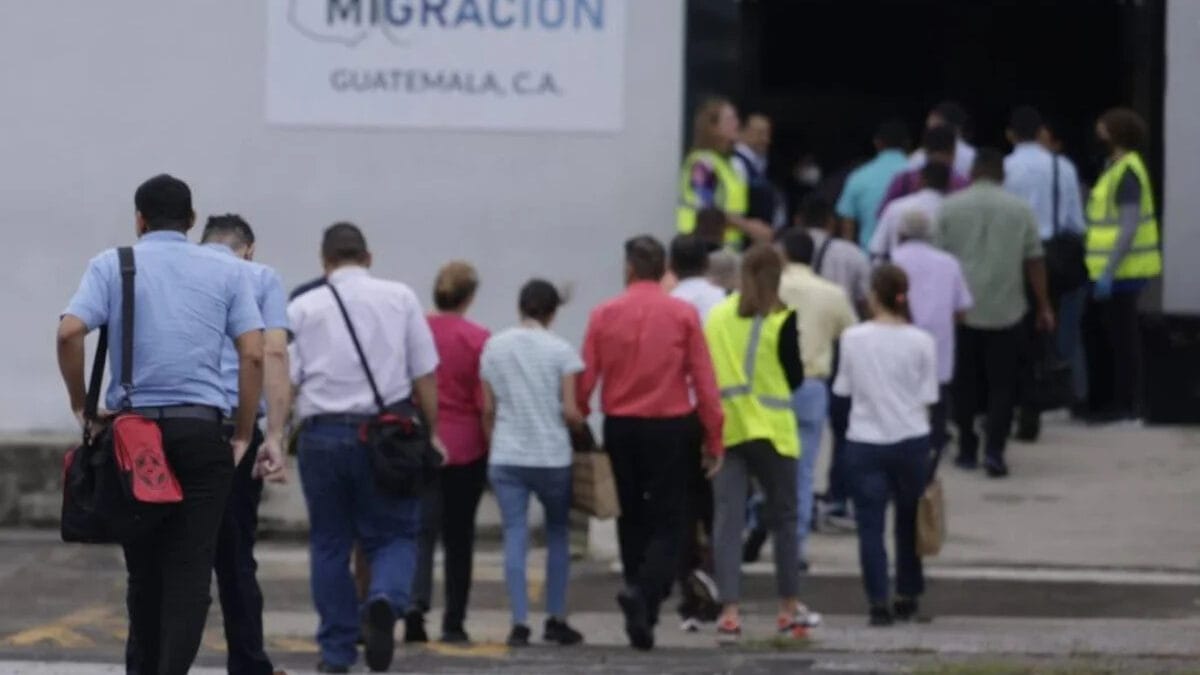
Safe return is a right
Nicaraguans are very attached to our land, customs and traditions, we demonstrated it in 1990 with the triumph of democracy, when we returned massively from exile as soon as minimum security conditions were appreciated, which currently do not exist.
Consequently, the Civic Alliance through an agreement signed at the negotiating table with the Ortega-Murillo regime, agreed in March 2019, that all Nicaraguans abroad, particularly those who left from April 2018, could return with full guarantees and personal and family security. These agreements have been permanently unfulfilled and the conditions that led to their signing worsened.
Safe return is a right of the exiles and constitutes an obligation under international law for the receiving countries.
The Nicaraguan Democratic Concertation (CDN) shares the main objective of the Nicaraguan people, the restoration of democracy and freedom, which will allow the return to their homes, to the thousands who were forced to emigrate fleeing a criminal regime that with its policy of systematic violation of human rights affects its citizens and the countries where they seek refuge.
The solution to the problem of migration caused by dictatorial regimes cannot lie in pushing the victims of criminal repression to suffer it again, co-responsible for it. It must be based on identifying the underlying causes in order to overcome them, ceasing to be tolerant and complacent with those who disrespect human rights and developing an active and effective diplomacy in favor of human rights and freedom, reliably supporting the struggle of their peoples to achieve appropriate conditions for their prompt return.
The policy of belligerent alignment
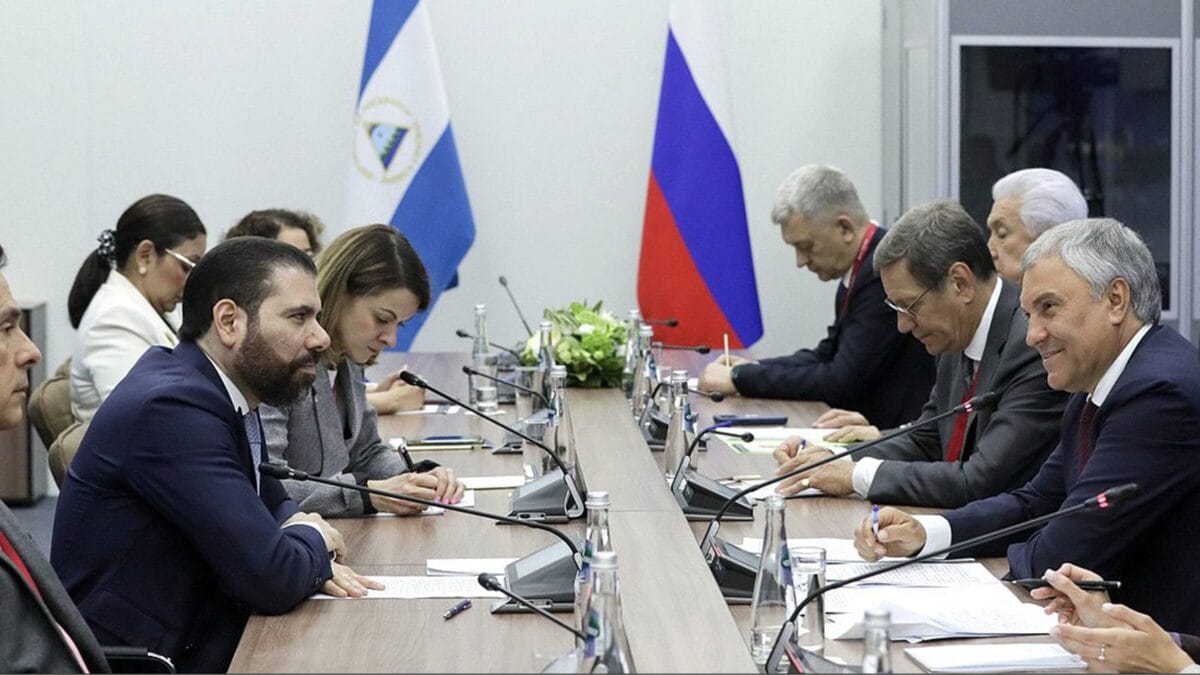
The image of Laureano Ortega holding an umbrella and doing the impossible to cover the Chinese ambassador Chen Xi, to prevent the rain from soaking him during a ceremony for the beginning of the construction of a solar plant in Masaya, is a good example of the extent of the dictatorship’s surrender to the Chinese and Russians.
The one with the umbrella is the same Laureano who, at the end of May, arrived in Russia for the XIII Meeting of High Level Representatives for Security Affairs and to show off before the Secretary of the Russian Security Council, General Sergey Shoygy, attacked and denounced the imperialist pretensions and the permanent interference of the United States in the internal affairs of the Latin American and Caribbean states. He also asserted that Nicaragua is with Russia for the good of humanity.
If only these were just servile gestures or words to ingratiate themselves and obtain gifts from the new conquerors. But the level of surrender of Nicaragua’s independence and sovereignty is beyond anything ever known in our history. They are selling their homeland, its wealth, security and future, in exchange for the illusion that Russia and China will be the political shields that will allow them to be enthroned as a family dictatorship.
Now the foreign policy of the Ortega-Murillo dictatorship is based on a posture of belligerent alignment against the democratic international community, characterized by an attitude of confrontation, hostility and actions towards it, whose main implications are manifested in isolation, conflict and polarization with all nations, but particularly with the United States and the European Union, in order to “score points” with Russia and China.
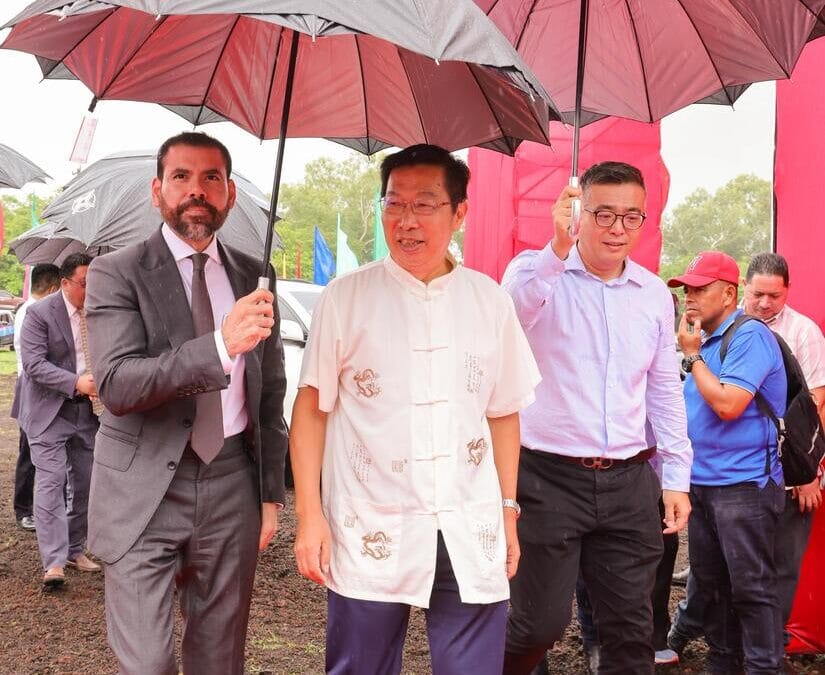
They are betting on silent diplomacy
Some still do not see the true magnitude of this policy of belligerent alignment against the international democratic community and the implications it has, and continue to classify it as a Nicaraguan problem or one of little significance in relation to regional security, that of the United States or with little relevance on the international chessboard.
The democratic community itself continues to bet mostly on silent and passive diplomacy, instead of a belligerent one, which takes its toll on this type of dictatorships that continue to violate human rights and create ever greater alliances among themselves, to the detriment of our peoples, by not paying greater costs.
It is no coincidence that Laureano Ortega arrives in Russia with a totally anti-American discourse, although the country continues to take advantage of trade relations with the United States. Neither is the signing of an Agreement for the Reciprocal Protection of Citizens against Abuses in the Sphere of International Justice (dictatorships trying to defend themselves against sanctions and actions against them); nor the Russian decision to resume joint security consultations with Cuba, Bolivia, Venezuela and Nicaragua. They do it because there are no costs to pay, at least so far.
That is why we in the Nicaraguan Democratic Concertation (CDN) consider relevant the recently published Report on the International Narcotics Control Strategy prepared by the Bureau of International Narcotics and Law Enforcement Affairs of the Department of State and the decision that was announced.
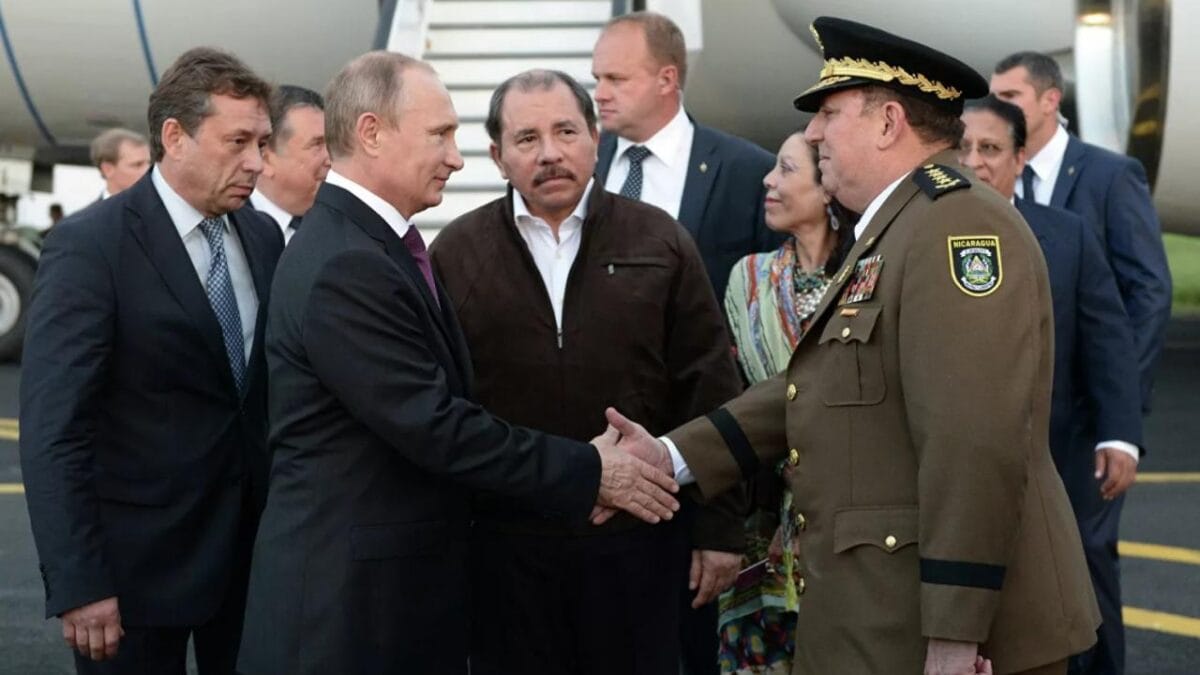
Belligerent alignment
The report points out that, in the face of deteriorating relations with the United States and the European Union due to human rights violations and rampant corruption, transnational drug trafficking organizations and other malign entities are taking advantage of the Ortega-Murillo’s permissive policies, tense diplomatic relations with these countries, and a permissive political and regulatory environment to make Nicaragua a critical transit point for both narcotics and irregular migrants.
It also highlights that international isolation has led the dictatorship to strengthen its security and surveillance alliances with Russia and China. They are also developing cooperation agreements with them to train Nicaraguan security forces. However, these political alliances do not translate into real material support to improve the capacity for action in this area.
That is why, contrary to the recent decision of the dictatorship to end its relationship with the FAO, the UN Human Rights Council, the ILO and the IOM, now it is the United States that decides to end in 2025, the operations of the Drug Enforcement Administration (DEA), among other reasons due to the lack of cooperation from Nicaragua.
At the CDN we are sure that the United States will take other measures to continue fighting drug and migrant trafficking and that it will no longer allow itself to be used by a dictatorship that sold out to Russia and China as part of its policy of belligerent alignment against the international democratic community.
